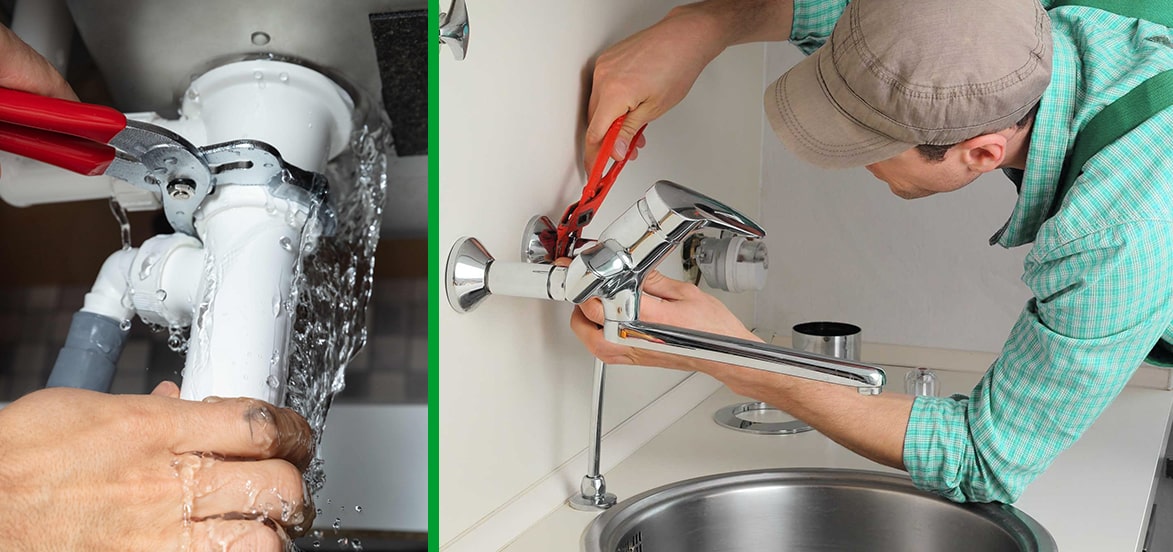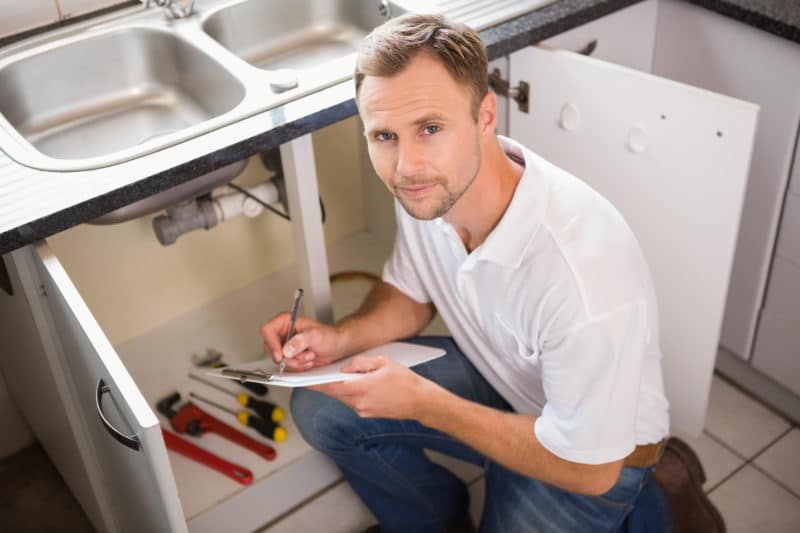This post following next on the subject of Ways to Make Your Pipes Last Longer is pretty much remarkable. Don't miss it.

The secret to long lasting devices, unsurprisingly, appertains maintenance. There's no set policy that can ensure your plumbing appliances a lengthy wear, however you can prevent unneeded damage and also repair work by avoiding negative plumbing routines.
You should quit doing these 6 things else you'll keep calling your plumber over for minor faults.
Purging whatever
Yes, your commode drain causes the sewers, however that does not mean you ought to unload just anything down the tubes. Several 'flushable' materials are really wonderful clog starters, for instance floss. Asides maintaining obvious non-flushable materials like wires as well as plastics out of your bathroom, you must likewise stay clear of flushing cotton swab, menstrual products, wipes, daipers as well as prophylactics down the toilet drainpipe.
Pouring oil in the sink
We understand correctly throwing away grease after a hearty meal is a discomfort. Yet simply putting it away can do long-lasting damage to your pipes. "The fat as well as oil can block your drain badly adequate to require you to call a plumber," discusses Dawson. "Plumbing functions best when it's well taken care of-- not abused with oil."
Utilizing excessive drainpipe cleaner
Utilizing a drainpipe cleaner more than one or two times a month is an indicator that something major is taking place within your pipelines. Currently, rather than dealing with the main problem, you go for a quick fix; a carbonated drain cleaner. Rightfully, a drain cleaner will take care of the blockage, yet at what cost?
The chemicals in a drainpipe cleanser can quicken the deterioration of your pipelines. Add that to whatever underlying issue is creating the clog as well as you might need to a serious issue on your hands.
If you experience a lot of obstructions, call your emergency plumber as opposed to using a drain cleaner.
Not rinsing meals before packing them right into the dishwashing machine
it's called a dish washer, yet throwing in recipes, pots, and also frying pans covered in huge food fragments can in fact cause some serious damages to the home appliance, resulting in lasting troubles down the line. "House owners may need to obtain their dish washer repaired more frequently if they do not wash their recipes before packing, or at least eliminate larger food pieces," explains Audrey Monell, owner of Forrest Anderson Plumbing and AC in Glendale, Arizona. "Food that obtains stuck on meals creates the dishwashing machine to work harder, which can wear down parts much faster, causing troubles."
DIYing everything
With plumbing, a stitch in time really does conserve nine. You can prevent a fullblown plumbing emergency by calling your plumber at the correct time.
You may have found out a couple of plumbing hacks from your daddy, however you ought to know where to draw the line and call a specialist. For instance, you may have the ability to take care of an obstruction yourself, yet you shouldn't attempt to transform a pipe. You might mismatch pipes or overtighten a bolt, triggering even more injury and damages than you believed. Calling a plumber is a secure and also cost effective choice.
Not changing your dish washer hose pipes
One easy means to make sure that you utilize your dishwashing machine for many years is to change the hose at least when in 5 years. This likewise obtains cleaning equipment tubes.
Over time, food particles, soap and grease can develop blockages within your pipes. Replacing them on schedule will certainly stop any type of presure develop that can damage the internal operations of your dishwasher or cleaning equipment.
A strengthened steel intertwined hose does a fantastic job of lengthening your maker's use time.
No winter preventative measures
Severe weather conditions are bad for your pipelines, especially if they're made of steel. You should protect your subjected pipes, and your water container, even if you have a water heater. You ought to likewise switch off your garden pipe valve and any other outside water channels. These channels are electrical outlets for chilly; you pipes can begin to freeze from outdoors if you don't.
How Hard Water Damages Your Plumbing and Appliances
Hard water is no stranger to most households across America. This silent invader affects 85% of homes in the United States every day, wreaking havoc on pipes, plumbing fixtures, and water-using appliances.
Should you become a victim of hard water, you must understand exactly what it is and how it affects your plumbing and appliances. This will help you determine the correct measures to put in place to fix or prevent any problems that may arise.
First off, what exactly is “hard” water?
In short, “hard water” is used to describe water that contains relatively high amounts of dissolved minerals, primarily calcium and magnesium, and a host of trace metals. When rainwater falls from the sky (usually in a pure form), it absorbs the hardness minerals from rocks and soil, which changes it from soft to hard water.
What about my plumbing and appliances?
Mineral deposits from hard water can cause buildup on tubs, shower, sinks, faucets. But that’s only a small scratch of the surface. Those minerals can gradually build up inside pipes, fixtures, water heaters, washing machines, and dishwashers. Once they accumulate in those areas, they can clog pipes and create major problems throughout your plumbing system, from reduced water flow to increased pressure on pipes and fixtures.
This limescale buildup might affect some appliances, causing them to operate less efficiently and wear down faster. And the result? Higher energy bills, more (costly) plumbing replacements and repairs, and damaged appliances.
Keep in mind that certain types of plumbing are more susceptible to clogging than others. Copper, PVC, and PEX pipes are more resistant to hard water buildup and corrosion, but they can still get clogged or completely blocked by scale deposits.
How do I know if my water is hard?
White limescale buildup on plumbing fixtures (or any of the other signs mentioned above) is usually a good sign that your water is hard. If you suspect that you have hard water, you can simply shake up a small amount of dish soap and water in a closed container. If the mixture doesn’t create a lot of suds, you probably have hard water.
The most precise method, however, is to test your water with a DIY test kit (sold online or at local home centers or hardware stores) or send a water sample from your tap to a local lab to be tested. Be sure that you understand the nature of the test, the water condition being measured, and the significance of the test results.
Another way to obtain an estimate of water hardness is to check your annual water quality report to see if your water provider has reported any instance(s) of water hardness in your water supply.
https://www.springwellwater.com/how-hard-water-damages-your-plumbing-and-appliances/

I was made aware of that report on Don’t Let an Earthquake Damage Your Plumbing from a good friend on another web page. Do you know another person who is in to the subject? Feel free to share it. Thanks a lot for your time. Visit again soon.
Request Service
Comments on “Caution: Six Common Practices Which Harm The Home Plumbing Fixtures”